Advertisement
Now that artificial intelligence exists, we live, work, and interact differently. However, running AI is not simple. Regular computer chips are often unable to provide the speed and complexity AI requires. This is where artificial intelligence accelerator chips find their applications. These strong CPUs are designed to manage sophisticated chores such as huge data analysis, deep learning, and machine learning. They let programs make judgments faster than ever, think, learn, and grow.
These processors simplify and speed everything, from self-driving cars to facial recognition to voice aid. Smaller, more reasonably priced gadgets can run on once costly machinery. AI accelerator chips are opening new technological doors and increasing the availability of smart technologies to more individuals. From tiny companies to students, everyone may now use artificial intelligence.
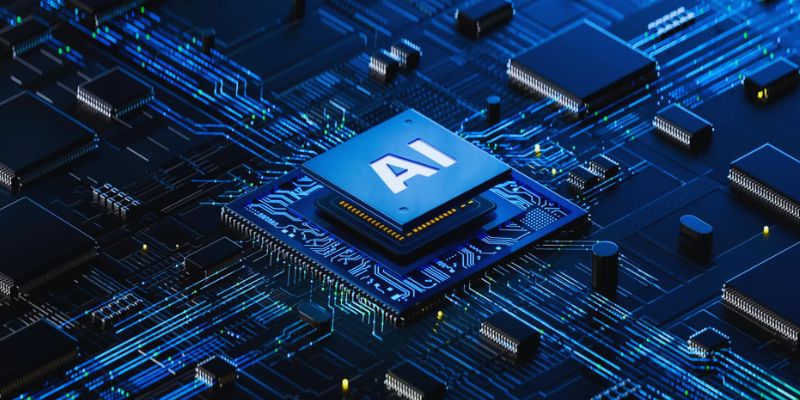
Made specifically for artificial intelligence applications, an AI accelerator chip is a particular kind of computer processor. It is meant to handle data analysis, machine learning, and deep learning, among other AI tasks. For sophisticated artificial intelligence activities, traditional CPUs are insufficient in speed. Managing big volumes of data slows them down. Artificial intelligence accelerator chips accomplish chores faster and manage more data than standard computer CPUs, made to be speedier and more efficient.
It qualifies them perfectly for usage in artificial intelligence applications requiring speed. AI accelerators rapidly perform multiple computations to enable software to think and learn. They can support self-driving automobiles, natural language comprehension, facial recognition, and other aspects. These chips enable artificial intelligence to become more efficient, therefore facilitating their use for more individuals. Faster CPUs become more necessary as artificial intelligence develops.
AI accelerator chips support the CPU by handling complex AI computations, making the overall system faster and more efficient. Some work moves to the accelerator chip rather than executing all chores through the CPU. It speeds up everything and increases efficiency everywhere. AI accelerator chips are made to handle several tasks at once, a process known as parallel processing. It enables the system to process enormous data sets without slowing down. AI-accelerating chips come in several varieties.
GPUs have extensive applications in artificial intelligence and gaming. They handle deep-learning assignments and images really well. Google created TPUs to enable speedier running of its machine learning initiatives. Custom AI chores can be handled in FPGAs by programming them. Every chip has strengths based on its intended application. These chips enable speedier action, predictions, and data learning from systems. They create smarter and faster AI programs like recommendation engines, smart cameras, and voice assistants from smartphones.
Important artificial intelligence accelerator chips speed up, simplify, and reasonably cost AI tasks. Prior to these processors, companies running artificial intelligence initiatives needed costly supercomputers, which were only within the reach of big businesses. These days, artificial intelligence chores can be completed on standard devices like computers and cell phones. AI accelerator chips make this possible. They enable artificial intelligence applications to make real-time replies.
Voice assistants can now, for instance, react fast without waiting on cloud computing. These chips help cut the time needed to examine vast amounts of data. Artificial intelligence increases performance speed and helps to save energy expenses, running effectively with fewer resources and power. It also has great relevance in sectors including transportation, security, and healthcare. Smart cameras driven by artificial intelligence accelerators may rapidly identify people or traffic trends. Modern technology depends much on it.
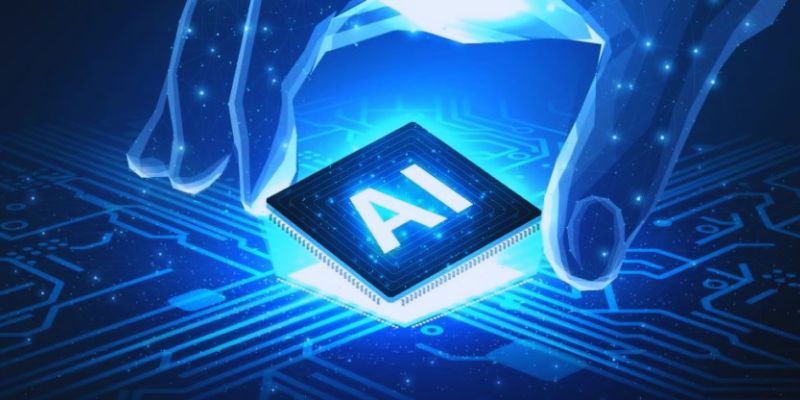
AI accelerator chips will help small firms a lot. These chips simplify the affordability of potent artificial intelligence capabilities. Many small businesses have not had significant IT budgets. They cannot pay for pricey servers or engage large tech teams. However, they can still employ artificial intelligence in practical ways with AI accelerator chips. For example, a small shop could track consumer activity using artificial intelligence. It can help one decide when to refill or which products sell best.
AI can help a small service business answer consumer questions or schedule appointments. An accelerator chip speeds up and smartens these chores. Instead of large machinery, companies can run artificial intelligence programs on conventional computers. This saves time and money and facilitates small businesses' ability to challenge bigger ones. These chips will become ever more crucial as more companies use artificial intelligence. They level the playing field so that everyone has an equitable opportunity to flourish using clever technologies.
Artificial intelligence accelerator chips are driving future tech innovation across various sectors. These chips help form fresh discoveries, not only speed things up. They can handle patient data in healthcare to enable clinicians to diagnose diseases early. Drones driven by artificial intelligence enable the agricultural monitoring of crops. In the automobile industry, they support self-driving cars so they can travel rapidly and safely. These chips also support education, robotics, climate science, and manufacturing.
The use of smaller and more efficient chips will keep expanding. They will introduce artificial intelligence to even more gadgets, including house appliances and wearable technology. Better chips will enable smarter devices to learn and adapt to consumers. Though it will be everywhere, thanks to these chips, AI will run silently and effectively. Accessibility is where innovation really has great power. With artificial intelligence accelerator chips, everyone—not just the largest corporations or wealthiest countries—has access to the instruments for development.
The way we apply technology is being altered by AI accelerating semiconductors. These mighty chips enable faster, smarter, more accessible artificial intelligence. More people—from startups to students—can now make use of AI tools. They provide seamless and effective running of key systems, including transportation, smart gadgets, and healthcare. For many consumers, artificial intelligence would remain either overly costly or slow without them. These chips enable everyone to have artificial intelligence, which makes it conceivable. They will keep molding the future of innovation and inclusivity as they advance. Building a fairer, smarter world for all depends on artificial intelligence accelerator processors.
Advertisement

How can AI help transform your sketches into realistic renders? Discover how PromeAI enhances your designs, from concept to portfolio-ready images, with ease and precision
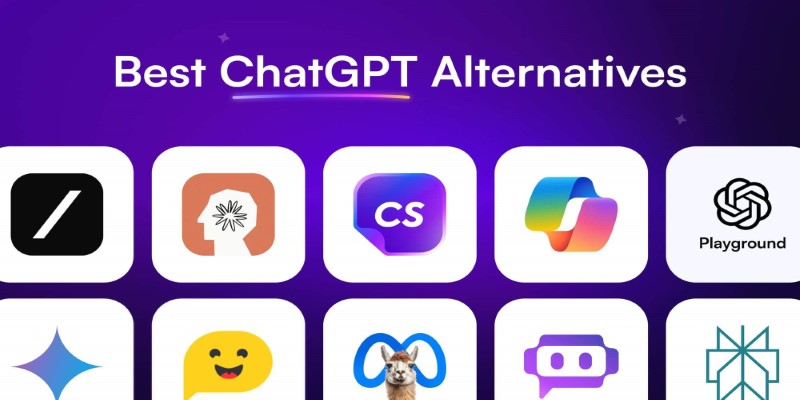
Looking for smarter ways to get answers or spark ideas? Discover 10 standout ChatGPT alternatives that offer unique features, faster responses, or a different style of interaction

Want sharper, quicker AI-generated images? Adobe’s Firefly Image 3 brings improved realism, smarter editing, and more natural prompts. Discover how this AI model enhances creative workflows

Curious about whether premium AI prompts are actually worth paying for? This article breaks down what you’re really getting, who benefits most, and when it's better to stick with free options.

Looking for the best way to start learning data science without getting lost? Here are 9 beginner-friendly coding platforms that make it easy to begin and stay on track

Want to measure how similar two sets of data are? Learn different ways to calculate cosine similarity in Python using scikit-learn, scipy, and manual methods

What predictive AI is and how it works with real-life examples. This beginner-friendly guide explains how AI can make smart guesses using data

Looking to boost your chances on LinkedIn? Here are 10 ways ChatGPT can support your job search, from profile tweaks to personalized message writing
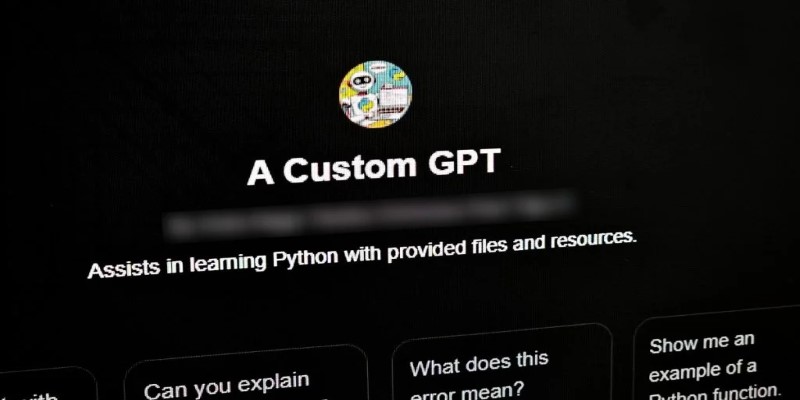
Ever imagined crafting an AI assistant tailored just for you? OpenAI's latest ChatGPT update introduces custom GPTs, enabling users to design personalized chatbots without any coding experience

Need clarity in your thoughts? Learn how ChatGPT helps create mind maps and flowcharts, organizing your ideas quickly and effectively without fancy software
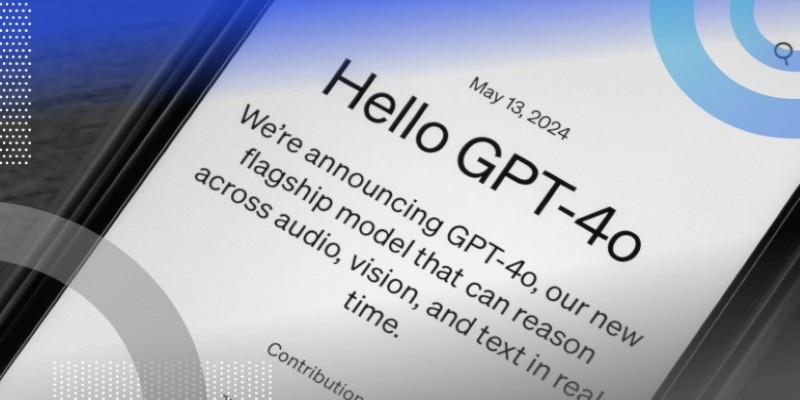
What if one AI model could read text, understand images, and connect them instantly? See how GPT-4o handles it all with ease through a single API
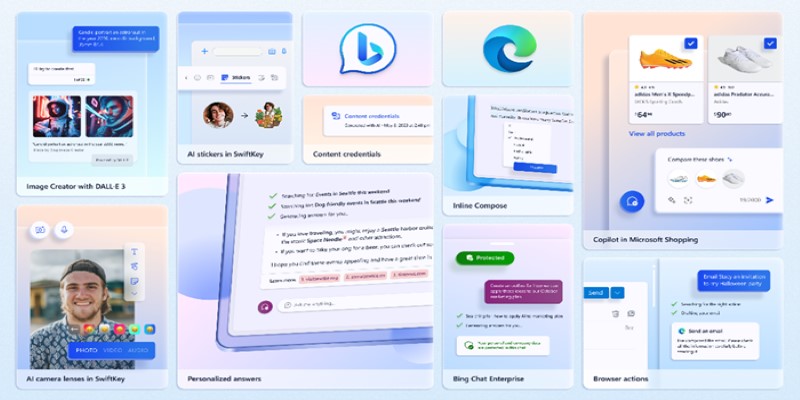
Want to turn your words into images without paying a cent? Learn how to use DALL·E 3 for free inside Microsoft Bing, with zero design skills or signups required